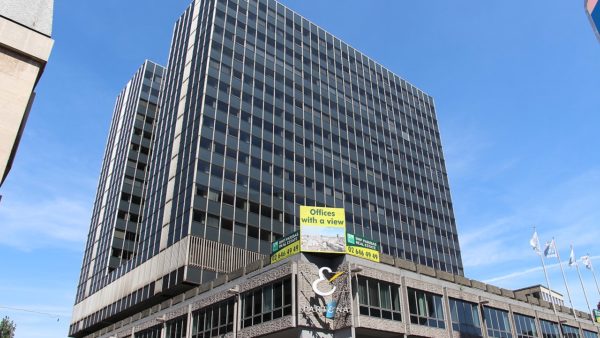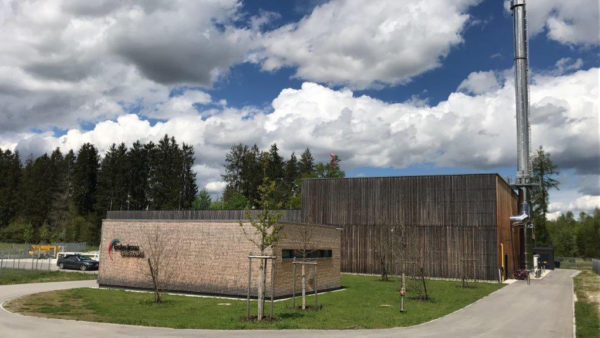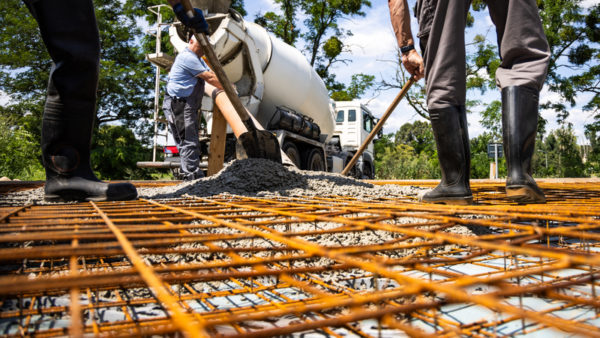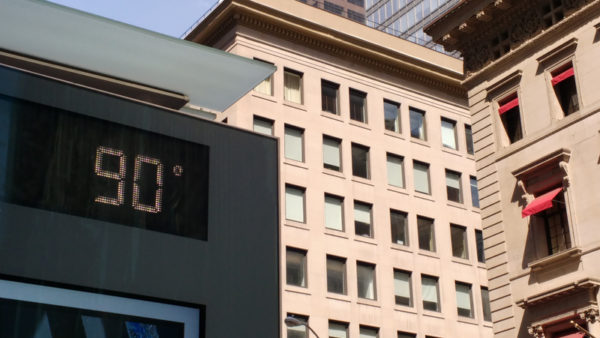Russia’s Ministry of Defence has embarked on a construction programme that is similar in scale to the rebuilding that took place after the Second World War.
The projects stretch from the Arctic Circle to Syria, and from Kaliningrad on the Polish border to the Kuril Islands on the border with Japan. In 2016, more than 2,500 buildings were added to the military estate with a total area of 2.7 million sq m.
As well as conventional military installations such as radar stations, cadet schools and bases, the schemes included waterworks, airports, medical facilities, residential buildings, schools and kindergartens, landfills and marinas.
Deputy defence minister Timur Ivanov, giving an interview to Russian business website Kommersant, said the largest of the projects involved the construction of port facilities for submarines at Novorossiysk and accommodation for two missile brigades in the Southern Military District.
The strategy
To carry forward such a large and diversified programme, Russia’s armed forces are forming a “unified military-building complex” by the forming 114 companies of the Spetsstroy construction agency into 18 state enterprises, a process that is due to be complete before July of this year. Spetsstroy itself has been dismantled.
Demand from this body has the potential to offset the sharp decline in orders from other state clients. Ivanov said: “Construction is one of the industries hardest hit by cuts in funding. The problem is caused not only by a complex financial and economic situation, but the sharp decline in orders from major state bodies.
And in the absence of megaprojects comparable in scale to the Sochi Olympics, the industry is struggling. However, in the sphere of military construction, the situation is better, because the Ministry of Defence guarantees the sustainable financing of the sector.”
From a technical point of view, the building campaign has led to a standardised modular approach to repeatable structures like canteens, dormitories, barracks and administrative buildings. Reinforced concrete was the default option for these buildings, but this has been replaced by steel frames.
Ivanov said: “The use of standard solutions allows a 30% reduction in design and survey works, halves the period need to examine project documentation and reduces the costs of survey work is not 5 billion rubles ($83m) a year.”
What they are building
In the present round of building, a permanent port will be installed at Russia’s naval base in Tartus, Syria. Russia has held the facility on the eastern Mediterranean since the early 1970s as a logistics and maintenance centre, but now it will be expanded into a harbour capable of basing 11 ships headed by a vice admiral.
Work is expected to take two to three years to complete.
In the Arctic, Russia will begin more than 100 military infrastructure projects this year. Sputnik News reports that more than 200 pieces of construction equipment and nearly 1,000 workers will be deployed across six Arctic locations, including Franz Josef Archipelago, the Novaya Zemlya archipelago, the New Siberian archipelago and the Wrangel Island.
Trade flows through the Arctic are expected to grow once global warming has caused permanent ice to recede. Ships using this route between China and Europe have 40% lower fuel costs, compared with a passage through the Suez Canal, however a recent report by the Copenhagen Business School last year suggested that it may be 2040 before large cargo ships use it.
Photograph: Russian navel infantrymen training in Vladivostok (Vitaliy Ankov/Creative Commons)
Comments
Comments are closed.











madness
Wrangell Island was annexed by the United States Government on 12 August 1881 under the name New Columbia Land. It was
placed in the District of Alaska in 1884 and was upgraded with the the whole district to
An incorporated United States Territory in
1912. The U.S. Board on Geographic Names
set the spelling as “Wrangell Island” with two l’s, viz., “Wrangell Island” and not “Wrangel” in 1901.
Unfortunately, this type of spending on the military is inherently inflationary and does not add appropriate value to Russia’s struggling economy. Russia continues to ignore the potential for economic diversification. In addition, one hopes that their version of cheaper, better, faster does not result in the same engineering disasters as the US space program from the early 2000s.
Timothy Karpin, apart the brainwashing BBC and FOX false news, what do you know about Russian “inherently inflationary” spending? Despite the Russian “version of cheaper, better, faster”, the UK send their astronauts on Russian rockets and the British army is absolute incapable to play any major role in a potentially large scale military conflict.
http://www.ibtimes.co.uk/british-military-forces-are-incapable-matching-russias-military-might-1602438
Mr. Portasov, I understand your depth of national pride, but economic principals are universal. Unfortunately, Russia cannot have its own version of economic realities, no matter what your Sputnik News may tell you. I also don’t understand your bringing up news agencies. They don’t set economic principals. I fear you are changing the subject to defend a weak argument. With that said, and to respond to your irrelevant submissions regarding Russian rockets and the British military, well, yes, Russia has done a grand job in keeping their man-rated rockets and spacecraft in operation. The west has failed in that endeavor no doubt, but is attempting a restart. As for the British Army (which I still don’t understand why they are part of this discussion), I doubt you and I are qualified to assess their capability at war. Besides, Britain would not fight alone. They have NATO. I find it interesting that you would use a clearly tired and fatigued word “brainwashed” to lower the value of some news agencies and yet rely on another to sturdy that argument. Let’s all stop using “alternative facts” and let’s stop attacking one another because reality is too painful to bear. Spending huge sums of money on your military will not help your economy. Just look at the U.S. for an example.
Sounds like the 3rd World War will be fought in the Pacific and the Northern Ice Cap, with limited engagements in the Middle East. Whomever controls the Ice Cap will have a distinct advantage, because you can control Northern Hemisphere from the Ice Cap. This may explain one reason why some countries are looking into 5000km missiles.